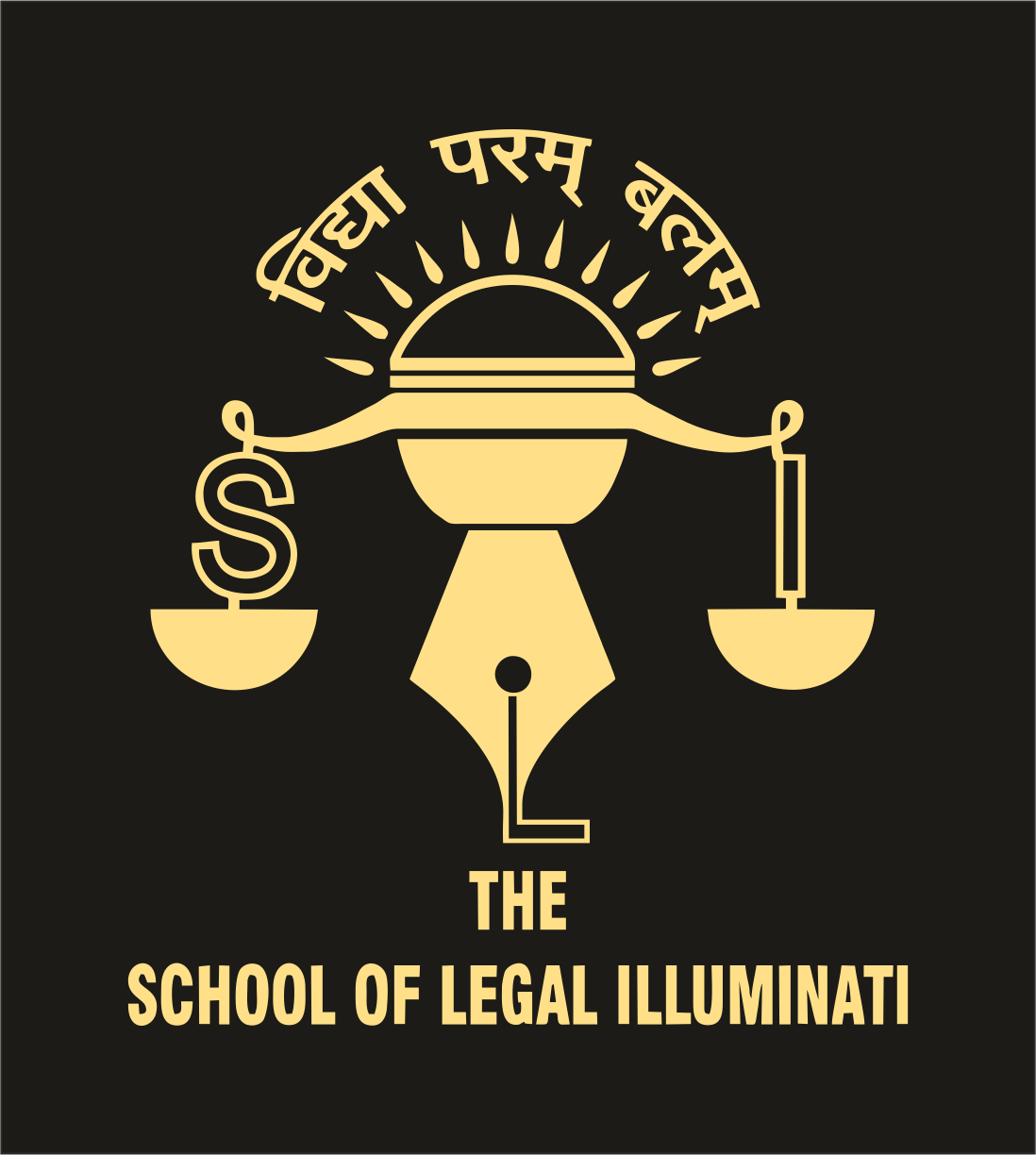PUNJAB ADA EXAM PATTERN
- The written exam is a pen-paper test. There shall be Multiple Choice questions in the OMR sheet to be answered using a ballpoint pen.
- The question paper will be set in English Language Only.
- Each question carries 4 marks
- There will be a negative marking of 1 mark for each wrong answer
| Subjects | No of Questions | Maximum Marks | Duration |
|---|---|---|---|
| Subject Based Questions (Part A) | 100 | 400 | 2 Hours |
| Questions from Logical Reasoning, Mental Ability, and General Knowledge | 20 | 40 | |
| Total | 120 | 480 |
Syllabus
- Unit-1 – Code of Criminal Procedure :-
- Unit-II – Indian Penal Code :-
- Unit-III – Indian Evidence Act :-
- Unit-IV – Code of Civil Procedure :-
- Unit-V – Constitutional Law :-
- General Knowledge, Logical Reasoning & Mental Ability. :-
- Economic issues.
- Polity issues.
- Environment issues
- Science and Technology.
- Any other current issues.
- (a) History of India with special reference to the Indian freedom struggle
(b) History of Punjab- 14th century onwards - Logical reasoning , analytical and mental ability
- Basic numerical skills, numbers, magnitudes, percentage, numerical relation
appreciation. - Data analysis, Graphic presentation charts, tables, spreadsheets.
Jurisdiction, Constitution and Powers of Criminal Courts; Public Prosecutor, Superior Police Officers and Aid to Magistrates and the Police; Arrest of Persons and Rights of Arrested Persons; FIR and Commencement of Investigation; Recording of Confession, Remand of Accused, Bail due to Non-Completion of Investigation and Completion of Investigation; Place of Inquiries and Trial; Complaints to Magistrates and Commencement of Proceeding before Magistrate; Charge: Contents of Charge, Effect of Error or Omission in Charge,Alteration or Addition of Charge, Joinder of Charges against Person or Persons, Exceptions to General Rule of Joinder of Charges; Trial before Court of Session; Trial before Magistrate – Warrant Case, Summons Case and Summary Trial; Bail, Anticipatory Bail,Cancellation of Bail, Bail Bonds; Inherent Powers of High Court.
Introduction to Criminal Substantive Law; Definitions; General Explanations; Group Liability and Joint Liability; Punishments; Abetment; Criminal Conspiracy and Offences against the State; Offences Relating to Public Servants; Offences relating to Contempt of Lawful Authority of Public Servants; Offences affecting Public Health, Safety and Morals; Culpable Homicide and Murder; Causing Death by Negligence, Dowry Death, Attempt to Murder and Attempt to commit Suicide; Hurt, Grievous Hurt, Acid Attack; Criminal Force, Assault, Outraging the Modesty of Woman, Voyeurism and Stalking; Rape – its Aggravated Forms and Punishment; Criminal Misappropriation of Property and Criminal Breach of Trust; Receiving of Stolen Property and Cheating.
Definitions and Statutory Interpretation, May Presume, Shall Presume, Conclusive Proof etc.; Relevancy of Facts: Facts Connected with Facts in Issue; Admissions; Confessions; Dying Declaration and Statement by Persons who cannot be called as witnesses; Relevancy of Judgments; Expert Testimony; Oral Evidence; Documentary Evidence; Presumptions; Exclusion of oral evidence by documentary evidence; Burden of Proof and Onus of Proof; Estoppel; Competence of Witnesses; Privileged Communications; Examination of witnesses; Effect of improper admission and rejection of evidence.
Decree, Order, Judgement; Jurisdiction– Lack of Jurisdiction, Irregular Exercise of Jurisdiction; Place of Suing; Doctrine of Res Sub-Judice and Res Judicata; Parties to Suit and Frame of Suit – Joinder, Misjoinder and NonJoinder and Objections as to Misjoinder and Non Joinder; Pleadings and Amendment of Pleadings; Plaint; Written Statement; Summoning of Parties – Issue & Service of Summons; Appearance of Parties – Appearance and Consequences of Non-appearance; Hearing of the Suit – Framing of Issues, Disposal of Suits at First Hearing and Trial; Arrest Before Judgment, Attachment Before Judgment, Appointment of Receiver; Temporary Injunction and Interlocutory Orders; Commissions – Appointment, Powers, Functions and Commissions at the instance of Foreign Courts; Suits by (or) Against Government (or) Public Officers; Suits by Indigent Persons, Suits Relating to Public Nuisance, Suits Relating to Public Charities; Appeals – First Appeal, Second Appeal, Appeal to Supreme Court; Reference, Review and Revision; General Principles of Execution of Decree and Procedure for Execution; Inherent Powers of Civil Courts; Pleadings and Trial of Commercial Suits in Commercial Courts.
Preamble, Preambular Objectives; Nature of Indian Constitution; Federal Features in Constitution of India; Formation of New States and Re-organization of States; Citizenship; Fundamental Rights; Fundamental Duties; Directive Principles of State Policy; Union and State Legislature; Money Bills, Finance Bills and Other Bills; Union and State Executive; Judiciary – Supreme Court, High Courts and Subordinate Judiciary; Appointment and Powers of President and Governor; Pardoning Power; Ordinance Making Power; Union-State Legislative, Administrative and Financial Relations; Freedom of Trade, Commerce and Intercourse; Official Language; Amendment of the Constitution; Special Provisions regarding Legislature and Executive of Union Territories; Elections; Services under the Union and States.
(a) General Knowledge & Current Affairs
(b) Logical Reasoning & Mental Ability

